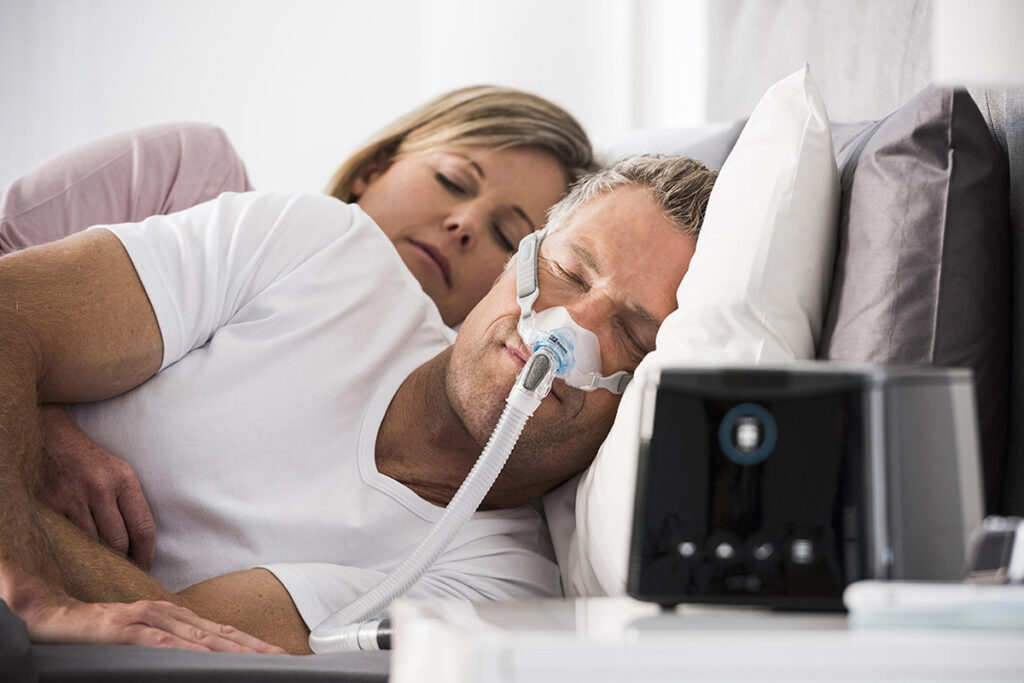- Free Shipping Options Available On Orders Over $300
- Price Match Guarantee
- FAQ
Why Is Sleep So Important?
A Wise Person Once Said: “If You Love Someone, Let Them Sleep.” Why Is Sleep SO Important?
We hope your enjoying March! – which just so happens to coincide nicely with Sleep Awareness Week (March 13-19th).
If you’re wondering, “Why is there a week dedicated to sleep”? The answer is a simple one:
- 62% of adults don’t feel they sleep well, or get enough sleep
- Lack of sleep/poor sleep impacts a lot more than just your number of yawns throughout the day!
- It actually plays a big part in your health – more on that below:
3 REASONS WHY GETTING A PEACEFUL NIGHT’S REST IS SO IMPORTANT
1. Sleep is an Essential Function
Without adequate sleep, your brain simply cannot function properly.
This has a trickle-down effect; whereby other body functions and parts of your daily life won’t function as efficiently either.
Sleep is also the time where lots of exciting things happen; cortisol levels lower, energy is restored, your nervous system relaxes, and hormones are released to stimulate cellular repair.
In a sense, our body undergoes a sort of “healing process” (muscle repair, tissue growth, etc.) – but we need good quality, adequate sleep for that to happen!
2. Sleepy Side Effects
If you’re constantly tired, you will be more prone to:
- Feeling frustrated or upset (sleep is just as important for our mood and mental health as it is to our physical)
- Make more mistakes
- Find it harder to concentrate
- Tend to not have good memory recall/be more forgetful
- Have “brain fuzziness”
3. More Serious Health Issues
We’re not here to fearmonger, but the truth is, consistent tiredness/lack of sleep (aka chronic sleep deprivation) can lead to a higher risk for medical conditions like:
- Obesity, type 2 diabetes, high blood pressure, heart disease, stroke and more.
The good news is these risks can be reduced significantly with a few healthy habits.
Here are some helpful tips to try and follow in your daily life:
- BED TIME: Research shows each hour of sleep before midnight counts as double
- ROUTINE: Your body won’t know what to do with itself if you’re going to bed at 9pm one night and midnight and 2am the next! Consistency is important; choose a bedtime and stick to it
- LIGHTS OFF: Your brain prefers a dark environment during sleep, so try to minimise light as much as possible
- WHAT GOES IN: Avoid sugary or caffeinated food/drinks, alcohol and large meals in the hours before bed. If you’ve ever made the mistake of drinking a Red Bull in the evening, you’ll know why!
- EXCESS ADRENALIN: Exercising during the day can help release excess adrenalin, leading to an easier slumber at night
If after you try the above, you still wake up feeling tired, low on energy, it’s time to take further action.
Why? Because it may signal a sleep related issue like sleep apnoea, where early intervention is important and often life changing to your health.
Western CPAP can help! A sleep study can determine what might be causing you grief when you are asleep, or a CPAP trial can help you breathe a little easier and awaken at your best. Click here for more information on our sleep studies.
Call 08 6186 6636 to ask any questions or make an appointment!
Until next time, take care,
Brett Lukatelich
Western CPAP





